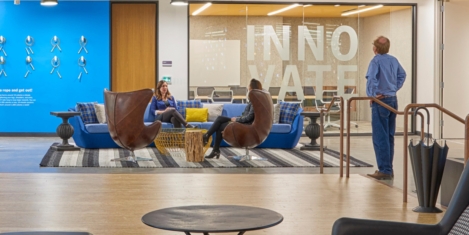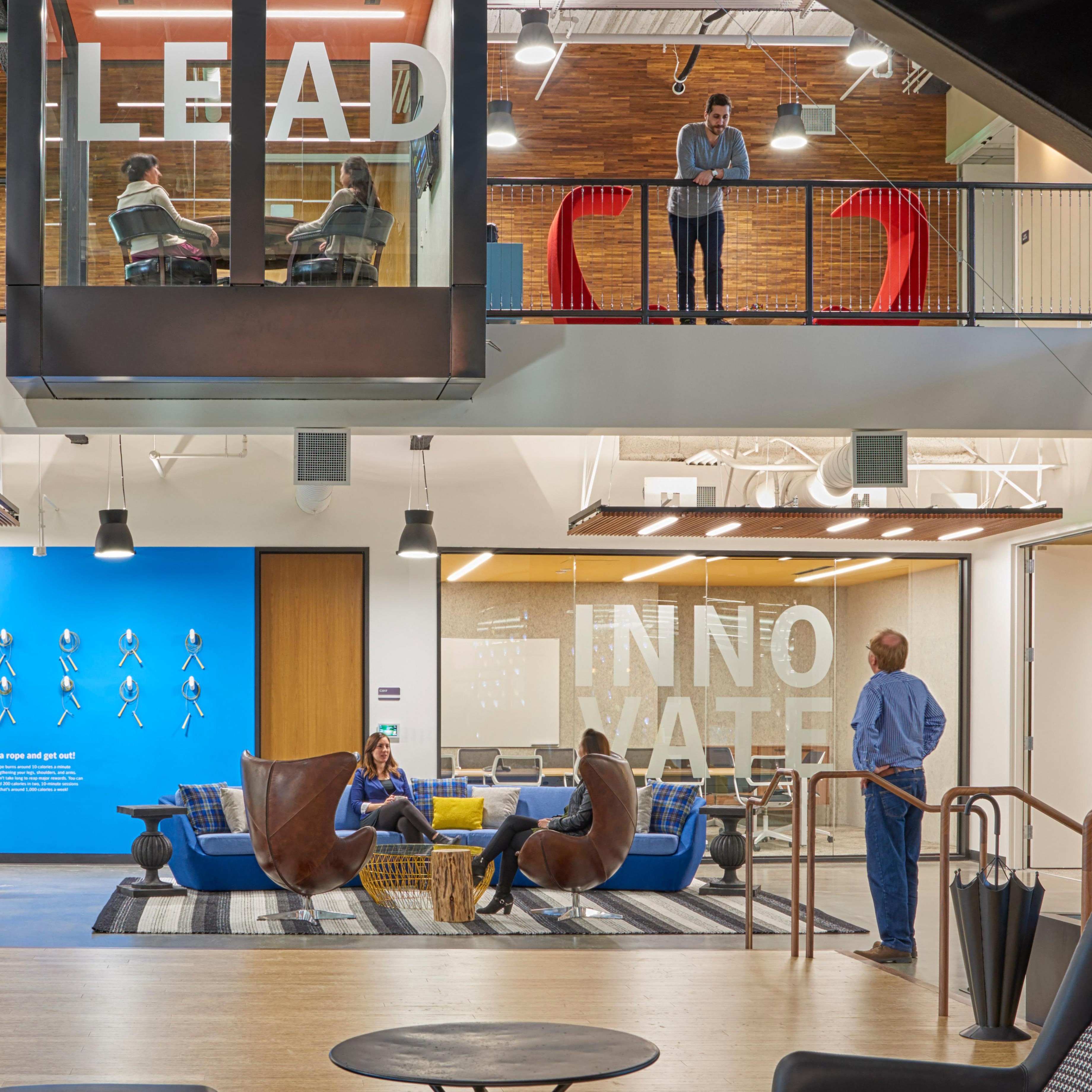January 16, 2020
HR leaders feel completely unprepared for the future of work
 Most chief people officers (CPOs) in the US realise they need new skills to meet the demand of the 21st century role, but few are prepared, citing a lack of development and investment from the C-suite, meaning they feel unprepared for the future of work. This is according to a new study by HR People + Strategy (SHRM’s Executive Network of business and thought leaders in human resources) and with Willis Towers Watson, a global advisory, broking and solutions company. The study, based on direct input from more than 500 executives, examined the key changes shaping the CPO role and identifies a pathway for developing and accelerating this next generation of HR leaders. (more…)
Most chief people officers (CPOs) in the US realise they need new skills to meet the demand of the 21st century role, but few are prepared, citing a lack of development and investment from the C-suite, meaning they feel unprepared for the future of work. This is according to a new study by HR People + Strategy (SHRM’s Executive Network of business and thought leaders in human resources) and with Willis Towers Watson, a global advisory, broking and solutions company. The study, based on direct input from more than 500 executives, examined the key changes shaping the CPO role and identifies a pathway for developing and accelerating this next generation of HR leaders. (more…)





































December 16, 2019
Avoiding the minefield of WhatsApp communications
by Louise Lawrence • Comment, Legal news, Workplace